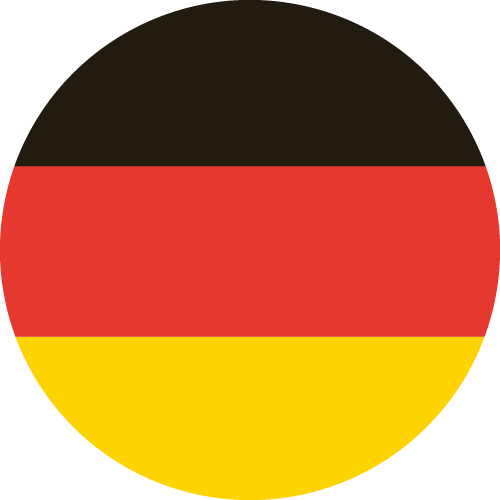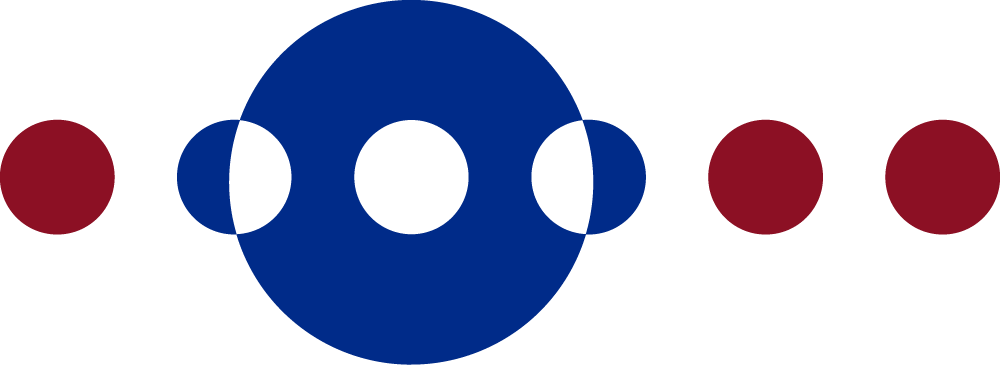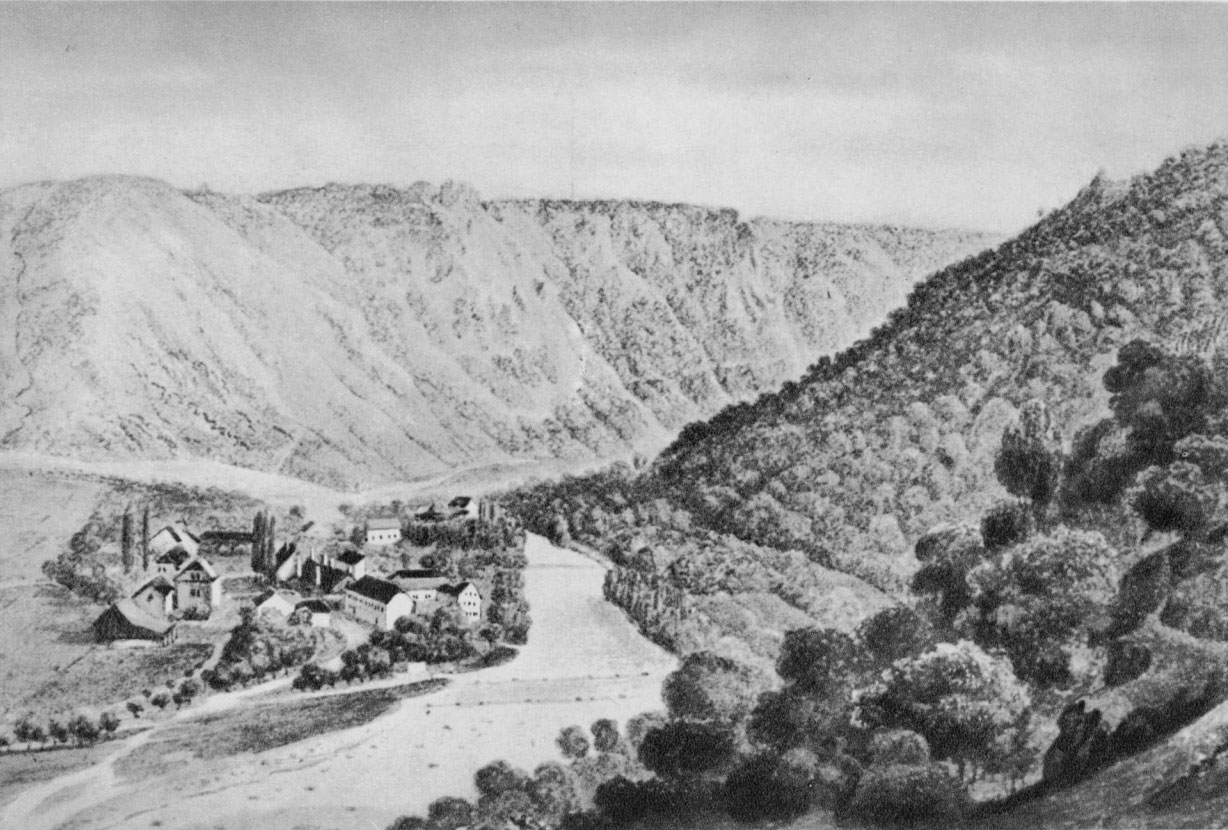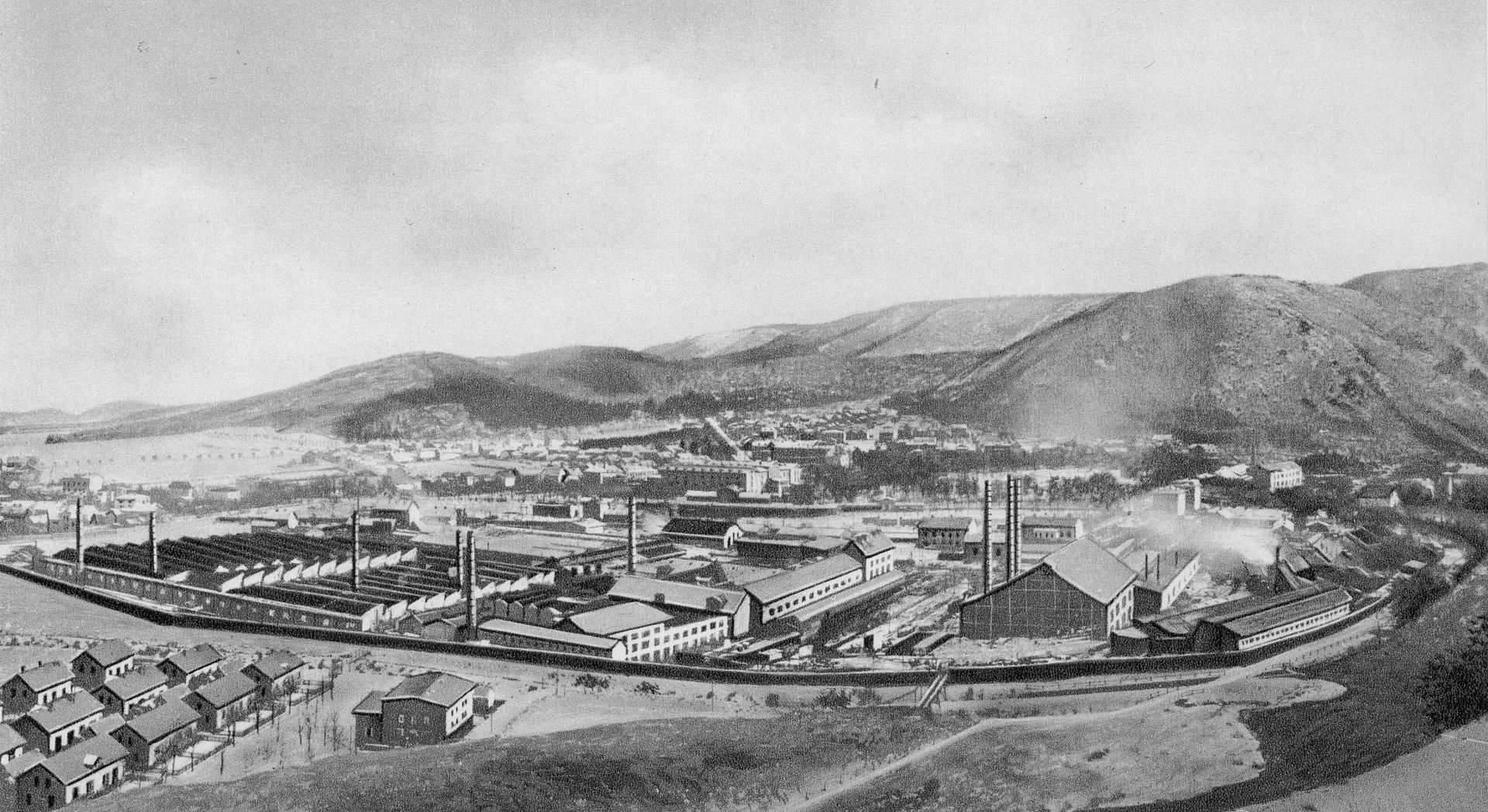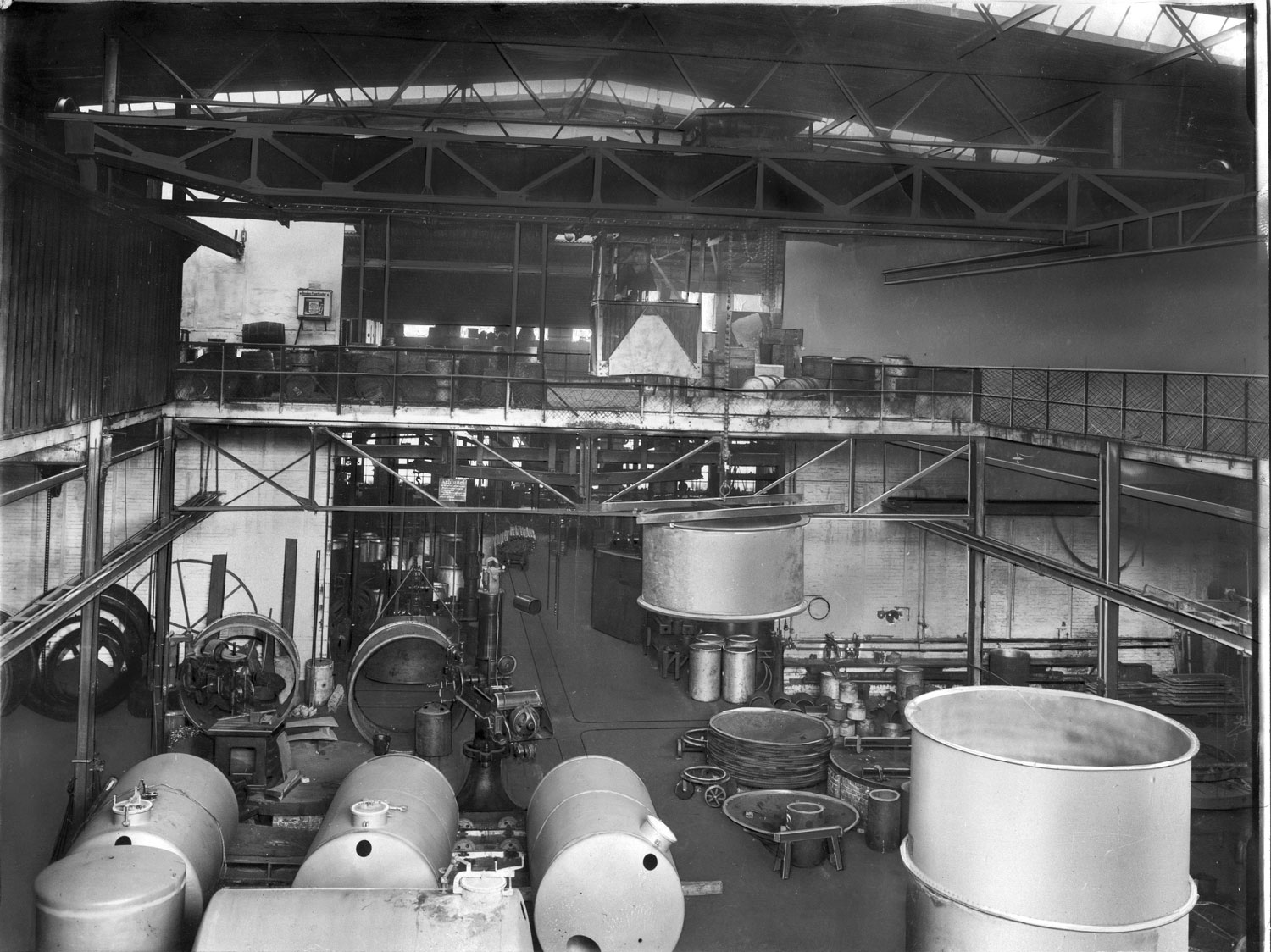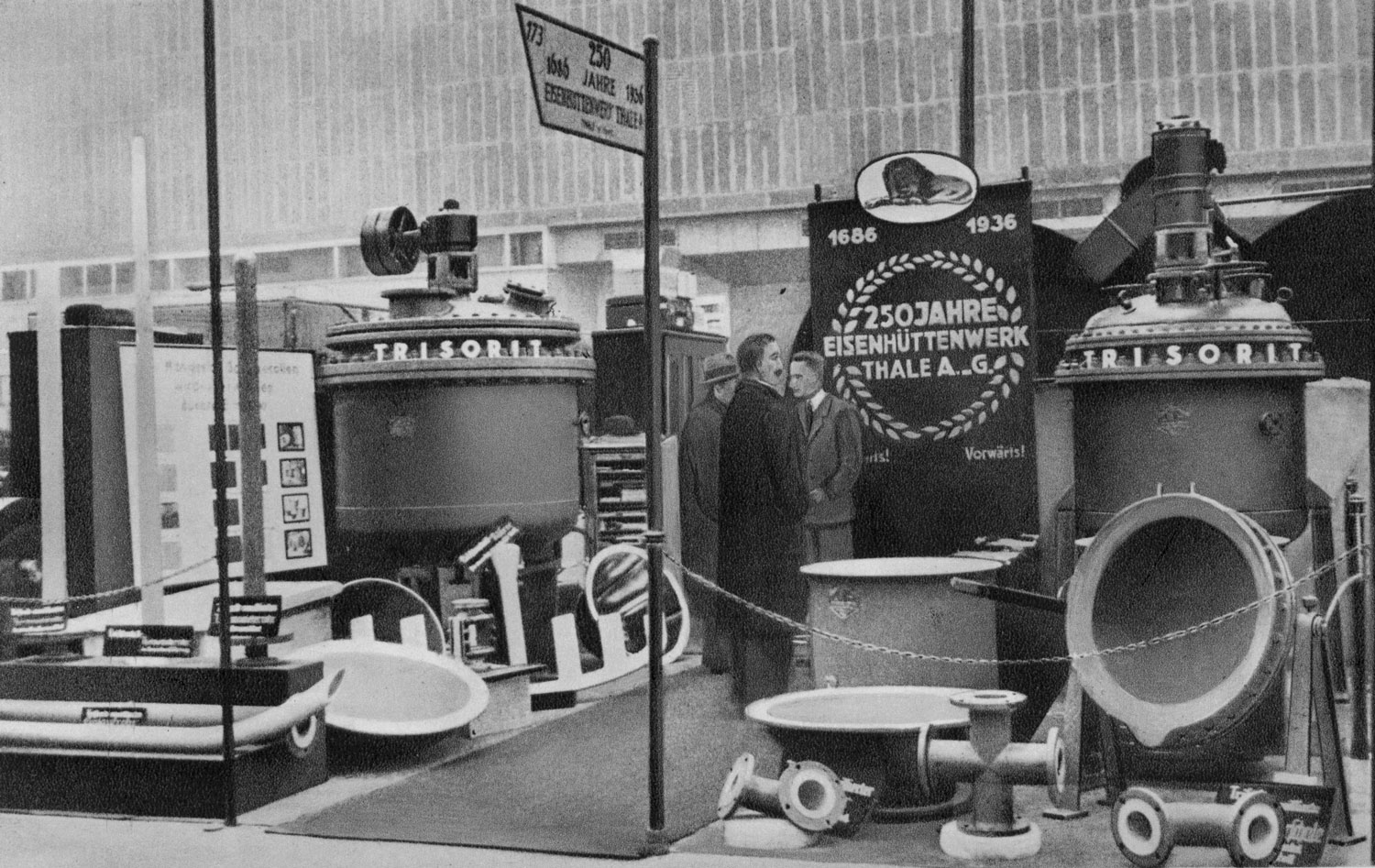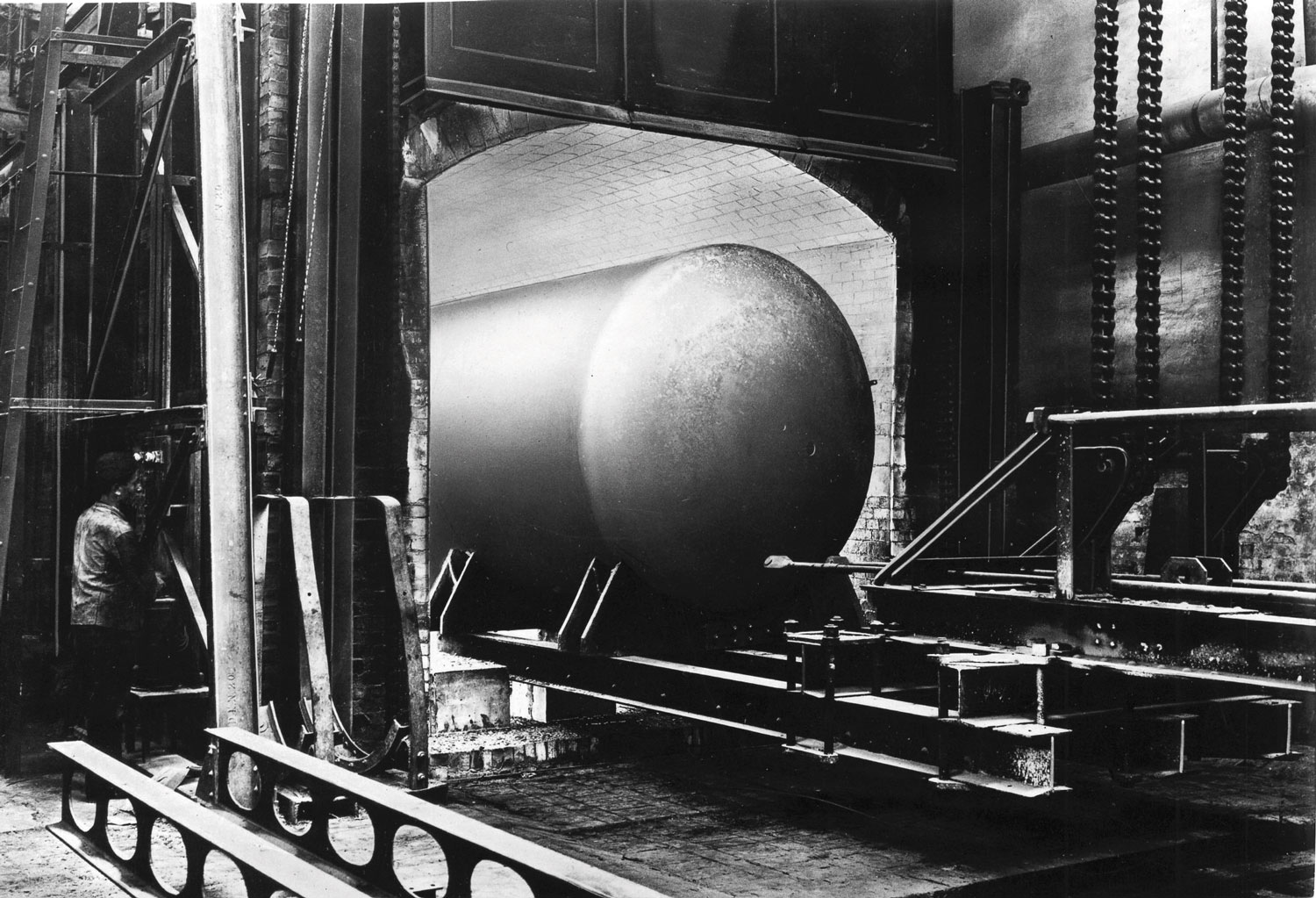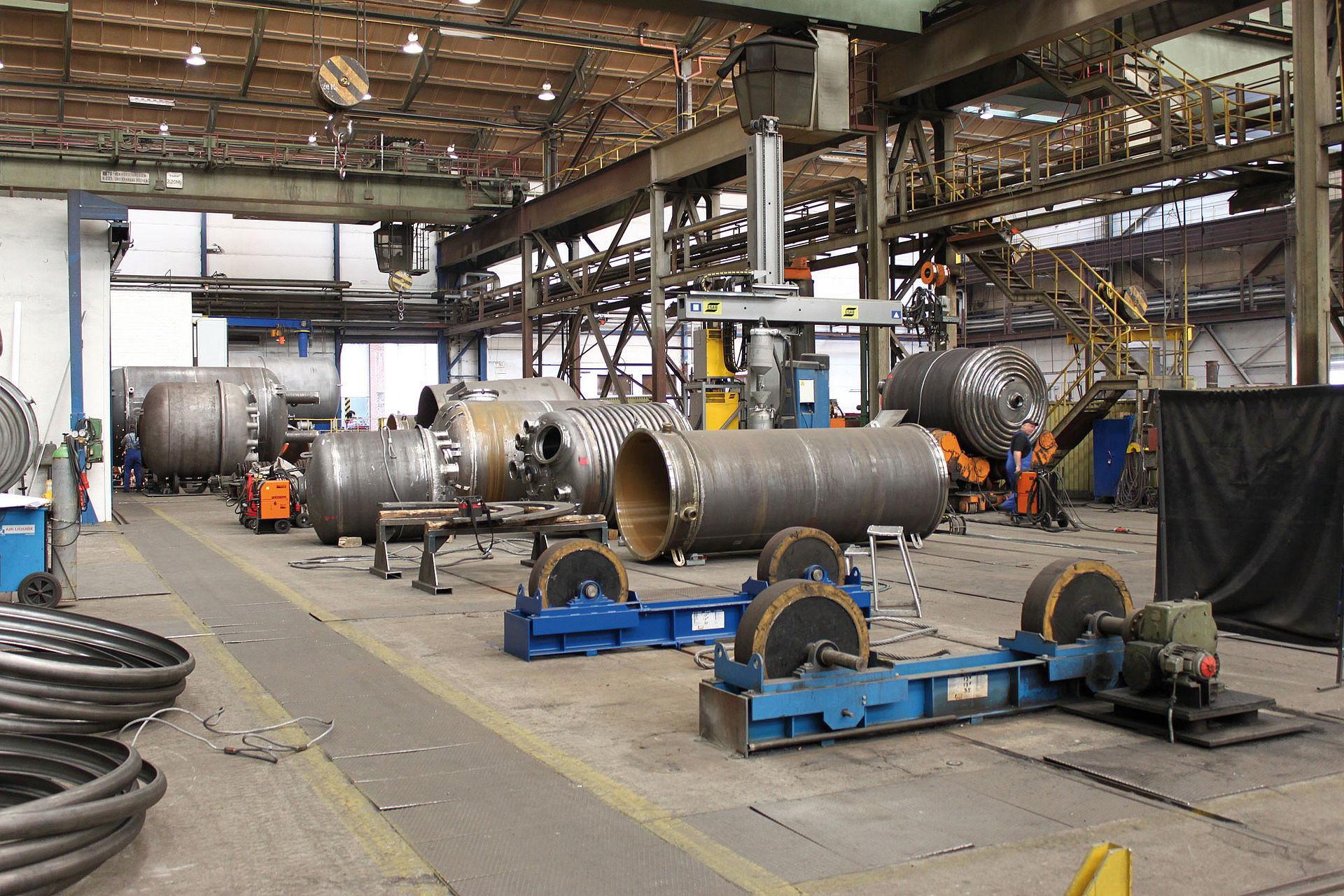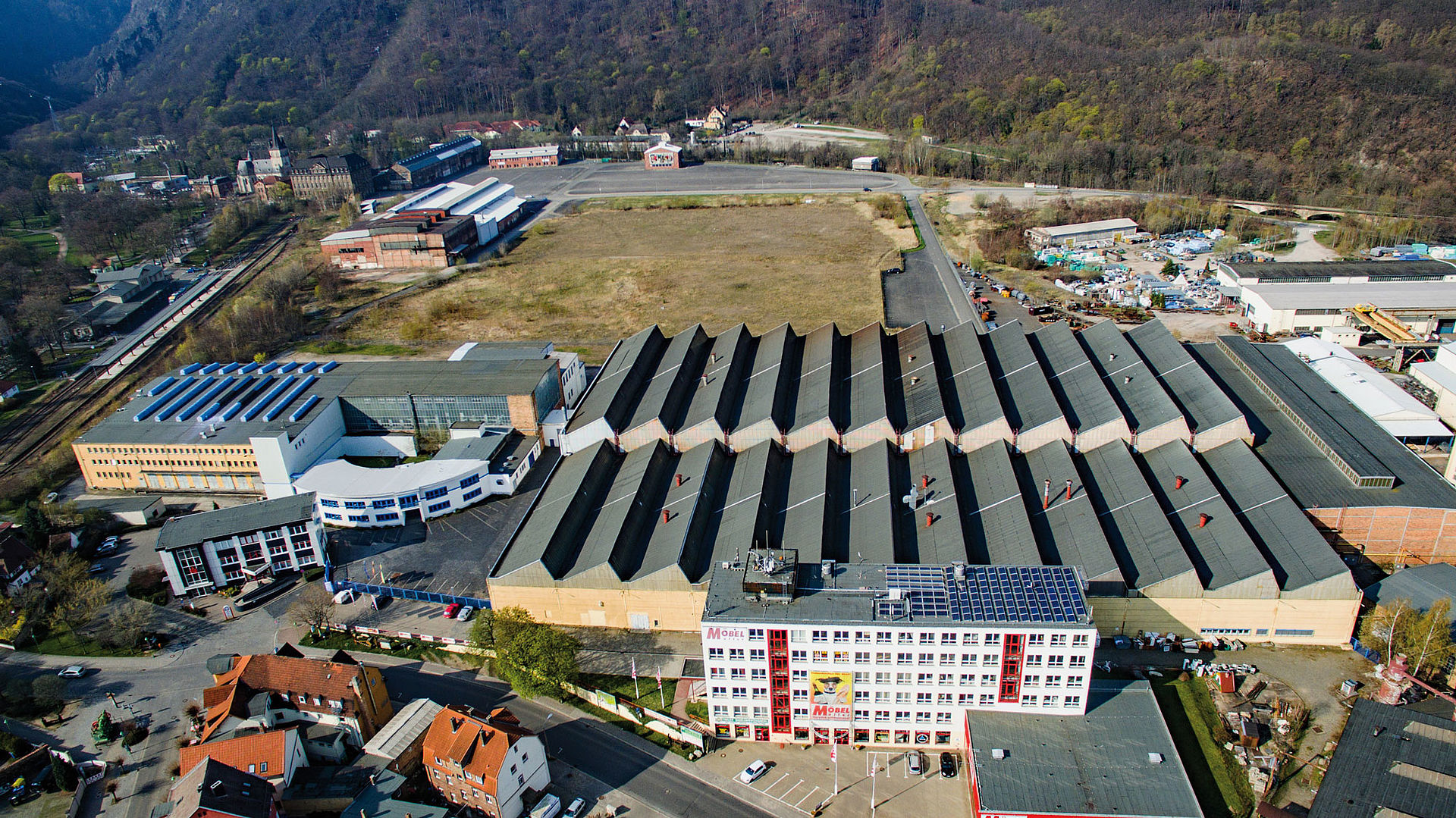Knowledge and experience of glass-lining spanning nearly 200 years
Thale has long been an important site of German industrial culture. The beginnings of the Thale ironworks date back to the 17th century.
On 8 June 1686 a contract for the founding of a metallurgical plant in the county of Reinstein, ‘not far from the valley’, was concluded in Potsdam between the Great Elector and the inspector and bailiff Johann Christoph Wichmannshausen and the latter’s son, subsequently Court Counsellor, Georg Gabriel Wichmannshausen.
This contract granted Wichmannshausen mining rights throughout the Principality of Halberstadt, in the county of Reinstein, in the Derenburg and Stecklenberg district.
The location of the plant was very good for its time. The nearby mines supplied the iron ores, the forest the necessary quantities of charcoal and the Bode river the power to operate the blowers for the blast furnaces, the refining forges and the pick hammers. However, due to the rising prices of charcoal the works were unable to survive. Instead of the ironworks, Court Counsellor Johann Wichmannshausen established three oil mills.
In 1770, the plant was re-established by the Chamberlain and Lord Marshal Count v. Redern and in 1778 was transferred to the ownership of Frederick the Great, who added to the blast furnaces and pick hammer a plant for black plate and thin sheet material which he named the ‘iron-works’.
Frederick the Great did a great deal for the plant. He established a miners' association fund and the so-called works school which continued in existence until 1862 and was the only elementary school in the place until then.
By a contract dated 14 October 1820, the plant was given to works master Johann Karl Bennighaus on a hereditary lease against payment of 'inheritance money' for freehold of 800 Thalers and an annual hereditary rent of 300 Thalers.
During this time, 4 refining forges were operated at the ironworks. The blast furnaces previously existing in Thale had closed down due to the lack of suitable ores. The pig-iron needed for the refining forges was carted in from the blast furnaces in Rottleberode, which belonged to the same owner. The output of these 4 refining forges was about 800 kg in 24 hours. Further processing was accomplished by 10 tilt and drop hammers, all of which were operated by water wheels. Axles, metal sheets, iron rods and tyres for agricultural carts were manufactured.
In 1831, Germany's first iron wagon axle was supposedly produced in the works. In 1845, 20 to 25 of these axles were produced every day. In addition to turning axles, the works produced nails, so-called plank nails, plus sheet roll and already operated a sheet metal enamelling works. Thicker sheets, so-called press plates, were already being rolled, whereas thinner sheets were rolled exclusively under a hammer.
In addition, in 1835, forged sheet metal tableware was manufactured; the understanding at that time was that it could be enamelled on the inside only, by applying two coats. The outside and edge were painted black. Thus Thale ironworks was the first plant in Germany to produce enamelled cooking utensils. It continued to develop this field of activity and became the biggest enamelling plant in continental Europe, whose products were extremely popular and went out in huge quantities, even to the remotest parts of the world.
In the early 20th century, the construction of glass-lined tanks for the chemical industry was started. It can rightly be said that in this way the foundation of the industrial use of glass-lining was laid in Thale. Beginning at that time with simple containers, development quickly progressed to reactors, which, by today's standards, were of course of a very simple nature.
During the period of German division from 1945 to 1990, the then ‘state-owned company’ VEB Eisenhüttenwerk Thale met much of the demand for glass-lined equipment throughout the then Warsaw Pact area. Hence up to 800 containers, reactors and tanks were produced annually at the Thale site which were sent to all countries of the Eastern bloc.
As a member (1997 to 2007) of the Schunk Group, a worldwide technology group employing approximately 7,500 people, Thale Email acquired the opportunity to invest considerable sums in the most varied parts of the company in order not only to survive in the European competitive environment but also increase the market share. With this in mind, investments were made in technologies which, with rationalisation and thereby shorter lead times associated with it, placed the company among the market leaders. Milestones in development are products such as the glass-lined U tube bundle heat exchanger which is unique in the world on account of its pipe fixing technology. Other products, such as valves and the Thale Pharma glass-lining, complete the range intended to meet all our customers' requirements.
In October 2007, EHW THALE Email GmbH was acquired by three private investors, Karl Bergmann, Jürgen Schleich and Dr. Jürgen Reinemuth. Since that time, the company has focused on continuous organic growth based on proven technologies and highly motivated and quality-conscious staff. The company realigned its business and made the market supply of quality spare parts and services, as well as the production and further development of glass-lined apparatus technology, the focus of its activities.
